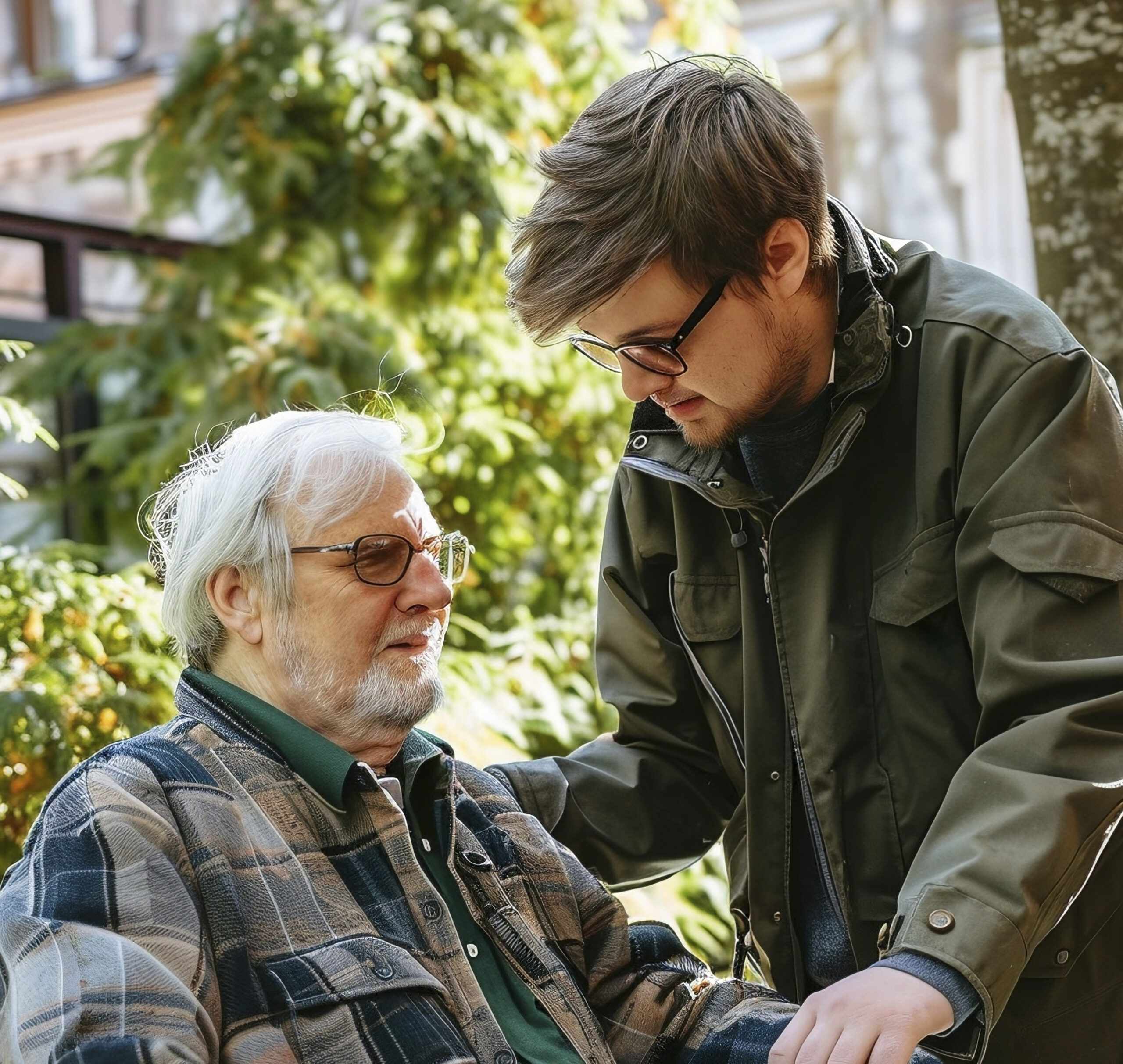You may know the “FoMO” abbreviation for “fear of missing out.” I feel like we all have a little of that. However, every time I sense a new pain in my body, I experience FoGO, or “fear of getting old.” During the beta phase for our Multiple Intelligence Survey for Persons with Dementia MISPWD©, I had many friends and family members answer sample questions either for someone with dementia that they knew well or just an elder partner or parent. Inevitably, the questions were reminders that we are mortal, vulnerable, and may lose our strong voice and independence as we age. Several questions probed real tenuous human conditions: attentiveness, mobility, vision, hearing, etc. Other questions were less “scary,” such as a favorite color, favorite activity, or favorite food. Regardless of whether they were daunting or reassuring, the prompts worked as a detective, investigating and using clues to solve the mystery of an individual’s consummate care plan.
After the personal history and present condition section, responders reflected on the person’s multiple intelligences. Again, it is tempting to think of ourselves when we are answering for others. Am I good at logical deductions? How good am I at following directions? Do I have a large vocabulary? Do I enjoy the natural environment? Which answer describes how I feel about my loved one? I want him/her to score well. Unfortunately, for most people reading this blog, we are finished “adulting,” or training to be an adult. We have responsibilities and commitments that are REAL and necessary. As much as we want to believe in another’s strengths, we have to be honest and realistic about what we know to be true. This is the adult part. To truly give a voice to our loved one who is fighting dementia, the respondent has to see past feelings and focus on facts: the frightening, but observable, evidentiary answers that confirm a loved one is only partially verbal, inattentive, or confined to a wheelchair. However, within this exercise to formulate an ideal care plan, magic happens. Truth uncovers hidden strengths and avenues for cognitive engagement. For instance, the gentleman who scored high on logical-mathematical intelligence not only has the intellectual capacity to tell stories, assemble items, and enjoy simplified logic games, but also experiences a reignition of his creativity and latent skills by participating in such activities.
Ultimately, it is important to know that as we age, there are opportunities for us to protect our assets, those treasured learning abilities and competencies that exist within us. The MĪ Care Plan is such an opportunity. The survey and subsequent personalized care plan give insight about our capabilities, interests, and strengths that will sustain and empower our caregivers in their efforts to provide us with the best care.
-Melissa Mirabello





